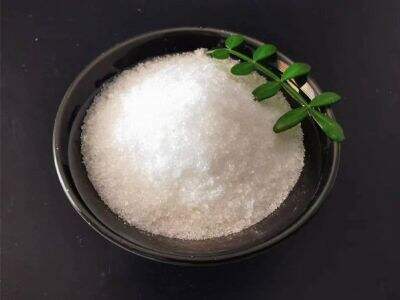When you’re tryna help your garden grow up big and strong, the choice in fertilizers is actually very important. Some rely on organic fertilizers composed of natural things, such as decomposed matter, while others use synthetic fertilizers composed of chemicals. But which type is better for your plants and the Earth? Let us compare between organic fertilizers and synthetic fertilizers with magnesium sulfate to know which is better for your garden.
The Difference Between Organic and Synthetic Fertilizers
Organic fertilizers are derived from living creatures, plants and animals. They are rich in the nutrients your plants need to grow strong and healthy. Organic ammonium sulfate fertilizer also enhance the soil, so it retains water. On the other hand, synthetic fertilizers are manufactured in a laboratory using chemicals. The answer is that they can help plants receive nutrients rapidly — but they can also harm the soil and water, if not applied carefully.
Effects of Magnesium Sulfate Fertilizers
Magnesium sulfate is available as a fertilizer in both granular and crystalline forms. When used properly, it can help plants grow. But synthetic ferts that contain magnesium sulfate can be bad if they leach into rivers and lakes and pollute them. Epsom salt-containing organic ammonia sulphate fertilizer are more environmentally friendly and can aid its soil over time.
The Best Fertilizer for Healthy Plants and Soil
Choosing the right fertilizer means a garden full of happy, healthy plants. Organic fertilizers that contain magnesium sulphate can provide plants with the necessary nutrients, without damaging the soil. Synthetic fertilizers blended with magnesium sulfate can provide plants with a quick pick-me-up, but in the long run, they can leave behind toxic residues that accumulate in soil. Organic ammonium sulphate fertilizer are the best that you can use to keep your garden healthy year after year.
Cost-effectiveness Comparison
Price-wise, organic fertilizers that contain magnesium sulfate can sometimes cost a little more than synthetic versions. But the long-term payback of organic fertilizers may be worth it. Organic fertilizers stay in the soil longer and may improve its health. At first, synthetic fertilizers may be cheaper, but they can harm the environment and not be as effective in the long run.
Choosing the Best for Your Garden
When choosing organic vs. synthetic fertilizers with magnesium sulfate for your garden, consider the health of your plants and the Earth. Synthetic fertilizers may give plants a quick spurt, but they are known to damage both the soil and the water over time. Organic fertilizers are also friendlier on the environment and can make the soil healthier. Choose organic fertilizers with magnesium sulphate, and you can feed your garden while looking out for the planet.

 EN
EN
 AR
AR
 NL
NL
 HI
HI
 JA
JA
 KO
KO
 RU
RU
 TL
TL
 IW
IW
 ID
ID
 LV
LV
 LT
LT
 VI
VI
 TH
TH
 TR
TR
 AF
AF
 MS
MS
 BN
BN
 EO
EO
 LA
LA
 MN
MN
 SO
SO



 ONLINE
ONLINE